Sen. Bam: Food inflation up to 6.1%, suspend TRAIN now
Senator Bam Aquino warned that the continuing increase in the prices of goods will lead more Filipinos to hunger even as he renewed his call for the suspension of the government’s tax reform program.
Sen. Bam made this pronouncement as he noted that food inflation for June increased to 6.1 percent from 5.7 percent in May, based on data from the Philippine Statistics Authority (PSA).
“Lalong nalulunod sa taas-presyo ang taumbayan dahil sa totoo lang, mas nagmahal talaga ang pagkain nitong nakaraang buwan ayon sa sariling datos ng gobyerno,” said Sen. Bam, who has been consulting with families and communities on pressing issues, like rising prices.
“Sabi ng mga tindera ng isda na nakausap ko, matumal ang bili sa kanila kasi wala nang pera ang mga suki. Instant noodles at sardinas na lang ang mabili,” Sen. Bam added.
Sen. Bam said government data backs up the claim of many Filipinos that prices of goods and services have increased drastically since the implementation of the Tax Reform for Acceleration and Inclusion (TRAIN) Law.
“Kung patuloy pong aakyat ang presyo ng pagkain, paano na kakain ng tatlong beses isang araw ang mahihirap nating kababayan?” added Sen. Bam, one of four senators who voted against the ratification of the TRAIN Law.
Sen. Bam said the government should act now and suspend the TRAIN Law so as to alleviate the plight of poor Filipinos, who are already burdened by the government’s tax reform program.
“Gutom po ang dulot nitong TRAIN sa mga mahirap nating kababayan kaya kailangan na talaga isuspinde ito agad,” said Sen. Bam.
Sen. Bam has been pushing for the suspension and rollback of the excise tax on petroleum products under the TRAIN Law to help lower the prices of fuel and goods at the same time.
The senator has submitted a measure seeking to stop and rollback the excise tax on fuel when average inflation rate surpasses the annual inflation target over a three-month period.

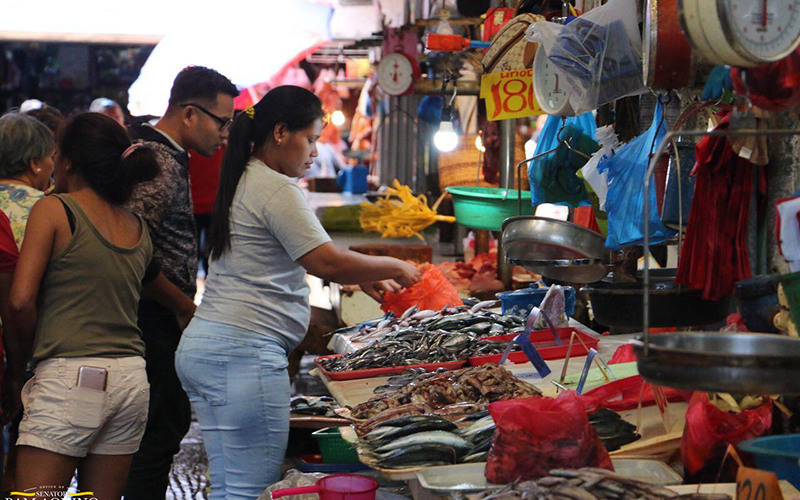


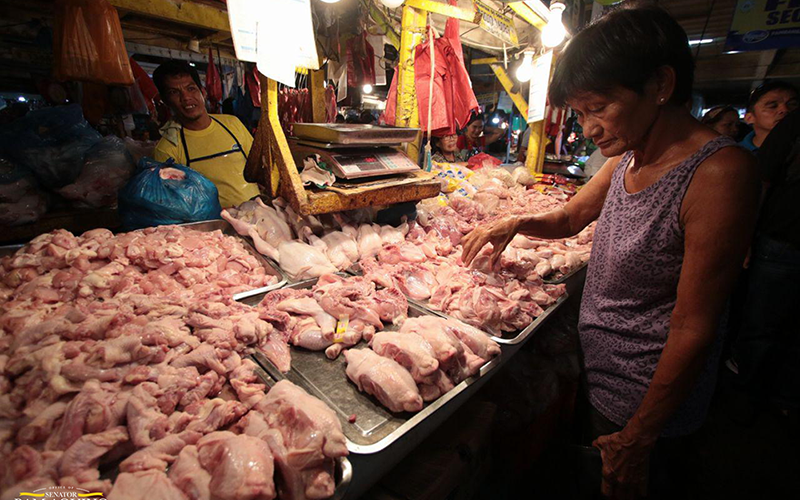
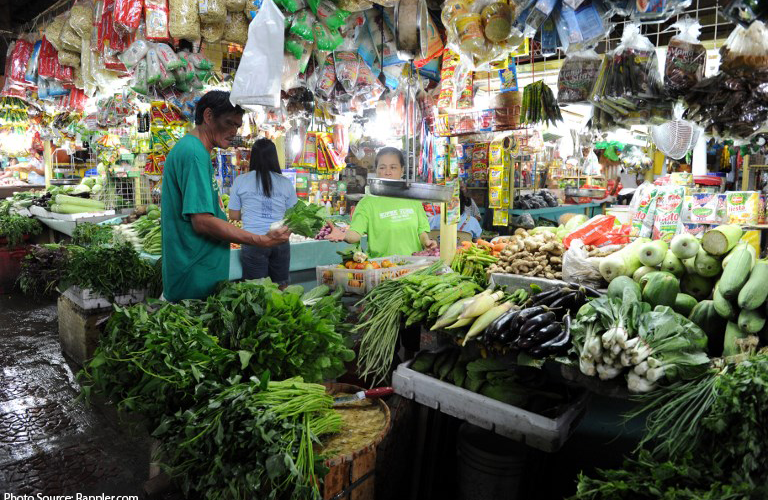
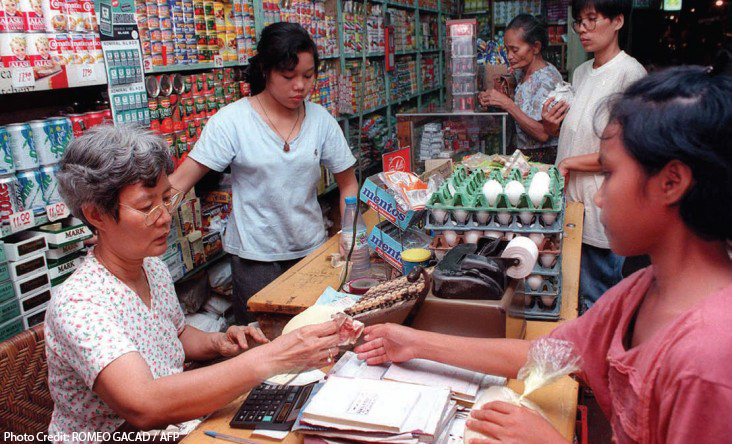
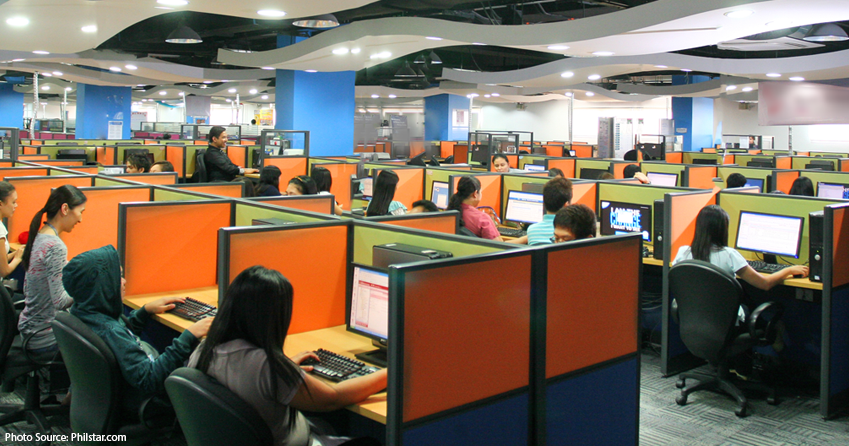
Recent Comments